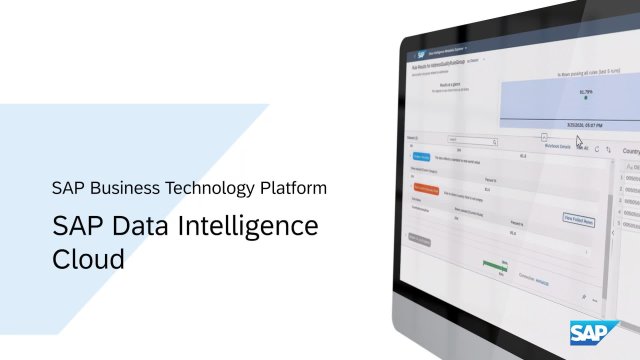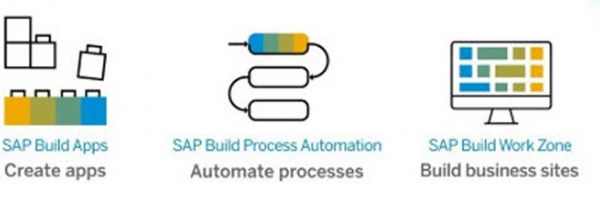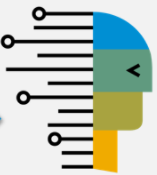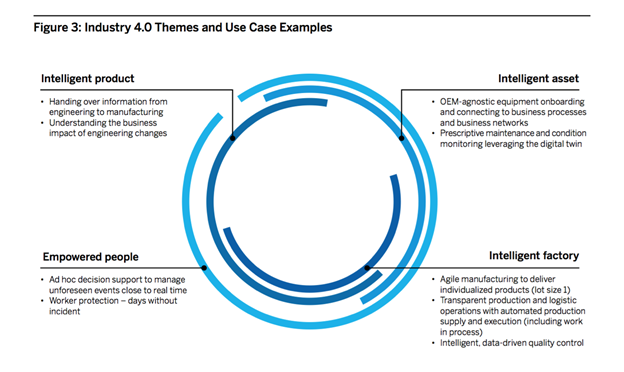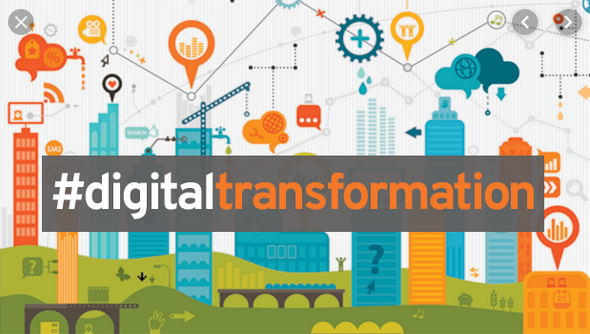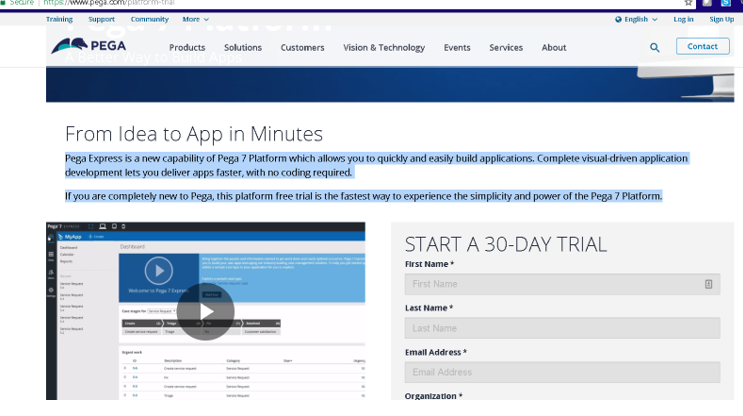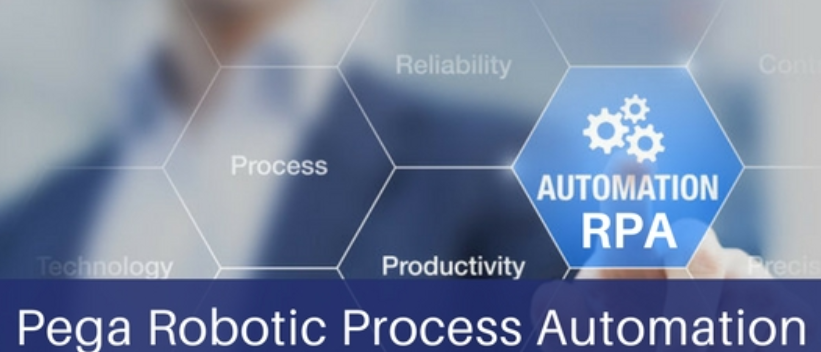Data is no longer just a byproduct of business operations; it’s a critical asset that drives decision-making, innovation, and growth.
Digital Process Automation
Discover SAP Build, the advanced platform that simplifies application development through low-code and no-code tools.
SAP development tools play a crucial role in helping organizations develop, customize, and integrate their SAP systems
In 2021, SAP acquired AppGyver Oy, a pioneer in no-code development platforms that enable users with no coding skills to build applications for Web and mobile use. SAP Build Apps evolved from SAP AppGyver and other SAP technologies.
Intelligent RPA is not stopping at RPA 2.0. Thanks to artificial intelligence, robots will become increasingly independent of human input in the future. The expected stages of intelligent RPA are RPA 3.0 {autonomous robots} and RPA 4.0 {cognitive robots}.
The 4th Industrial Revolution, sometimes called Industry 4.0, encompasses data automation and information exchange in different business areas. These include cognitive computing, the Internet of Things, cyber-physical systems, and cloud computing.
Software robots are easy to design, build, and deploy. They don’t require complex coding like integration platforms do. So, when considering a digital transformation strategy, RPA can be the driver of short-term success and ROI
Digital transformation involves using digital technologies to remake a process to become more efficient or effective. The idea is to use technology not just to replicate an existing process in a digital form, but to use technology to transform that process into something significantly better. Digital transformation can involve many different technologies but the hottest topics right now are cloud, IoT, big data, RPA, and artificial intelligence.
Let’s finish this run on iBPM with an example of creating an APP in Pega Systems Express. The Pega Systems 7 Platform is designed to allow the user to build visual-driven applications quickly. Let’s look at how you can use Pega to implement business process management (iBPM) by building our first Pega 7 App together.
The core of Pega is its Pega RULES Process Commander, which enjoys a deserved reputation as an exceptional software. It’s highly sophisticated programming easily streamlines large, complex, multi-year projects. Lloyds Banking Group used the software to minimize customer complaints, and Cisco used Pega to centralize its operational processes. Indeed, one of Pega’s best features is its ability to launch and implement quickly regardless of the size or objectives of the project.


